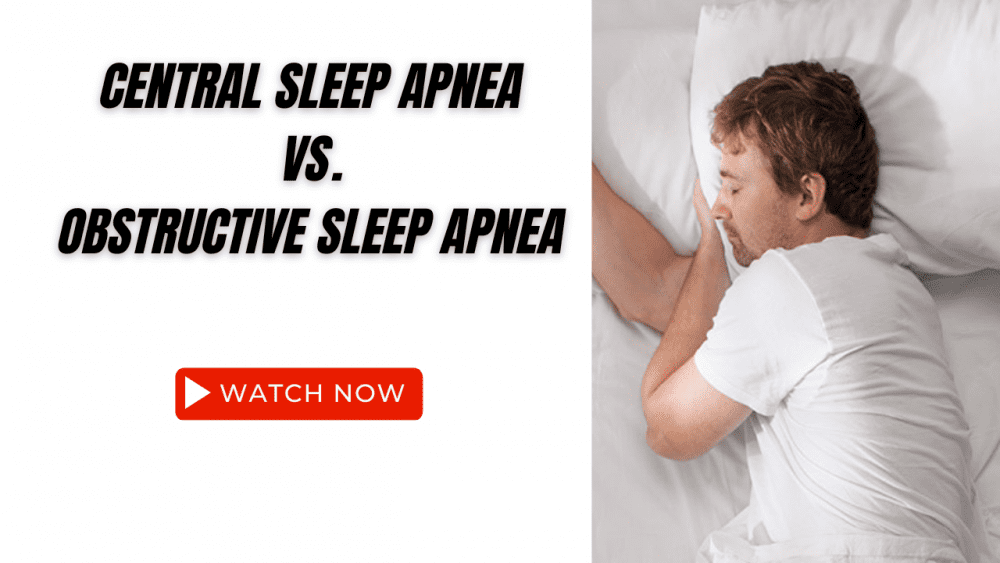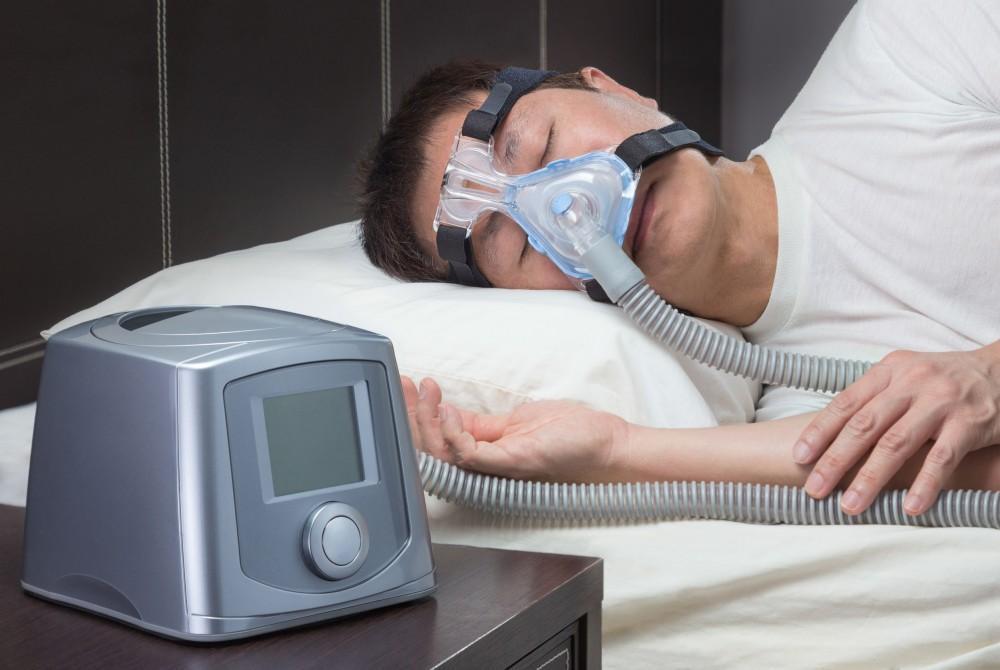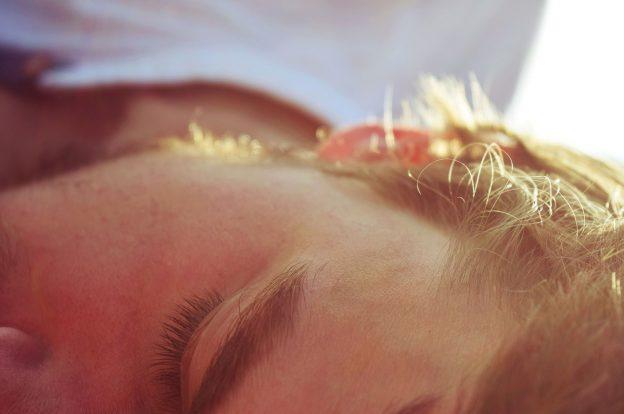
Raising Awareness For Sleep Apnea Treatment To Reduce Seizures In Epilepsy

Because sleep habits have an affect on so many of our body’s systems, comorbidity or co-occurring disorders are common. One pair of conditions that show evidence of being related are sleep apnea and epilepsy.
What is sleep apnea?
Sleep apnea, also called sleep-disordered breathing or obstructive sleep apnea (OSA), is a condition where you have interruptions or pauses in your breathing while you sleep. Have you ever heard someone snoring and then notice it seems like they aren’t breathing? Then one loud gasp or snore (like a snorting sound) jolts them back into normal breathing again?
As you sleep, the muscles around your throat and neck area relax which reduces the size of your windpipe. This means that you may not be getting enough oxygen which is called oxygen desaturation. When the pause in breathing occurs, your body tells your brain to interrupt your sleep by activating those muscles to stiffen and open your windpipe. This is what causes the choking sound as someone returns to normal breathing.
When someone has sleep apnea, they can also have symptoms like headaches in the morning, trouble with concentration or mood, and sleepiness throughout the day. The troubles significantly worsen with increased risk for heart attack or heart failure, diabetes, stroke, high blood pressure, and obesity with those diagnosed with sleep apnea.
Unfortunately, not everyone obtains a diagnosis since we don’t all know what happens to us while we’re asleep. Paying attention to our sleep partners or family’s sleeping habits and symptoms plays such a huge role in identifying those who may be at risk.
What is epilepsy?
Epilepsy is a neurological condition that results in recurring seizures that can range in duration, type, and frequency. Doctors and scientists classify seizures into motor or non-motor types where a person either moves uncontrollably or they have absence seizures with no movement. A brain injury or genetic tendencies could cause these seizures, but typically, the source is not known.
Why are sleep apnea and epilepsy related?
A good portion of those who have epilepsy also have sleep apnea, about 40%. Of those, 16% have a moderate to severe form. The relationship exists because those who have epilepsy are at higher risk for obesity due to often having a more sedentary lifestyle. Patients are often unable to work or drive a car. There is also the side effect of weight gain from anti-seizure medications which leads to obesity. Not getting enough or not having quality sleep can lead to an increased frequency of seizures which results in negative health cycle of cause and effect that is difficult to alleviate without some kind of clinical intervention.
What does the latest research show?
Fortunately, there does seem to be hope. One researcher found in her latest study that treating sleep apnea in patients with epilepsy significantly reduced seizures. After one year of treatment, successful outcome as measured by reduced or no seizures, was recorded more often (85%) for epilepsy patients who received sleep apnea treatment than for those who did not. The researcher is Dr. Thapanee Somboon, and she is a research fellow at the Sleep Disorder Center in Cleveland, Ohio. Dr. Somboon’s findings were presented at the American Epilepsy Society’s annual conference.
The results are significant as they add to a growing body of work on the topic which could help doctors and neurologists be more aware of sleep apnea as a trigger of seizures. This can be particularly in those who haven’t responded to medications or other treatment which can be up to 30% of all patients.
Despite the relationship between seizures and sleep apnea becoming more well-known, there are still some epilepsy patients who have never been asked about their sleep habits by their doctors. A simple in-office questionnaire to identify those at risk for sleep apnea may be all that is needed to get someone on the right path for sleep apnea treatment like CPAP (continuous positive airway pressure) machines to reduce or even remove their seizures. Many neurologists may be surprised to find the degree to which epilepsy improvements are found with sleep therapy.
While additional studies must be performed on various populations to continue to quantify this work, results to date should encourage those who suffer from seizures. In an effort to improve quality of life and perhaps help those with epilepsy return to work, doctors and family members of those with epilepsy should consider a sleep study to identify any sleep conditions which could be contributing to negative health outcomes.
You Might Also Enjoy...


Dr. Kakar Products

Central apnea vs. Obstructive sleep apnea

Warning to Patients about Ozone Cleaners

Ways to Help You Keep Hope Alive

